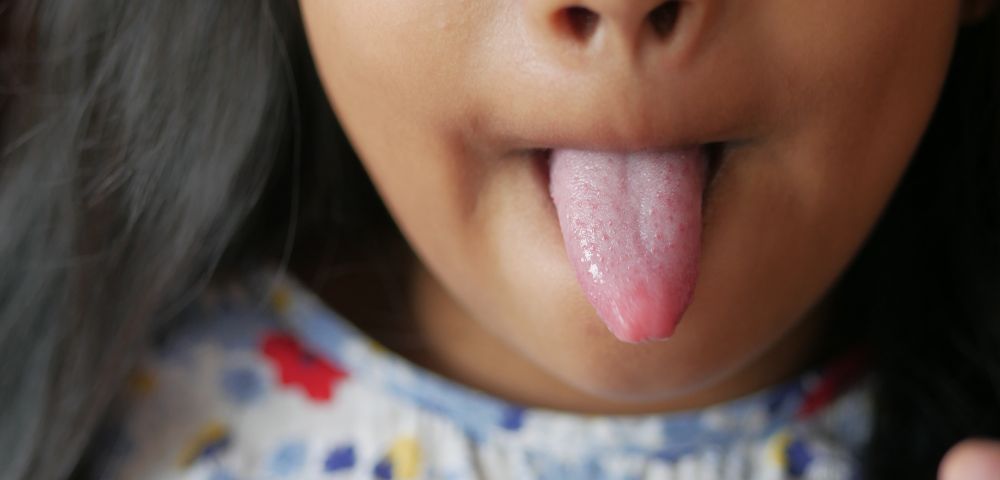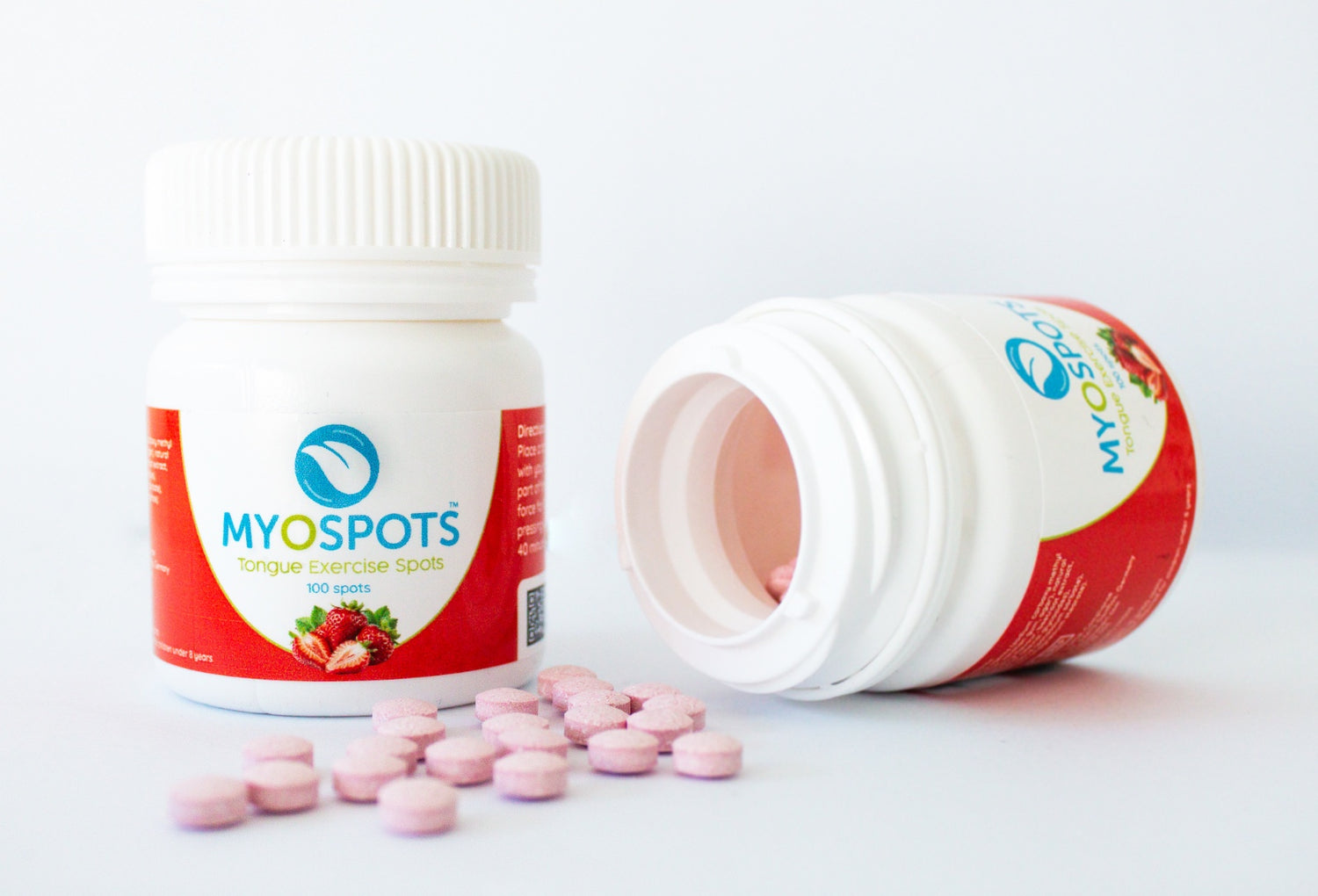Sleep is so important to your health and well-being. It improves your brain performance, mood and health, helping to protect against many common conditions including heart disease and dementia.
Mouth breathing can affect your sleep. It’s a risk factor for sleep apnoea and a symptom of it.
What is sleep apnoea?
Sleep apnoea is a disorder where breathing repeatedly stops and starts during sleep.
It comes in different forms, the most common being obstructive sleep apnoea (OSA), where the muscles in the throat relax too much, causing the airway to collapse or become blocked. This reduces your ability to breathe for 10-60 seconds or so, and can cause your blood oxygen levels to drop to concerning levels.
Sleep apnoea is a significant health concern because it disrupts the normal sleep cycle, leading to poor sleep quality, fatigue, and a host of other health issues. Untreated, it increases the risk of high blood pressure, heart disease, type 2 diabetes and even stroke. The loud snoring, gasping, and choking associated with sleep apnoea can also disturb your partner.
Can mouth breathing cause sleep apnoea?
Yes. If you routinely breathe through your mouth, you’re at higher risk of developing sleep apnoea.
Breathing through your mouth while sleeping affects the position of the tongue and the soft tissues in your throat. Your tongue is more likely to fall back and block your airway, triggering or worsening sleep apnoea.
Can mouth breathing worsen sleep apnoea?
Potentially, yes. Mouth breathing can dry out your airway tissues, causing inflammation. That can narrow your airway and worsen symptoms of sleep apnoea.
Continuous positive airway pressure (CPAP) therapy is the usual treatment for sleep apnoea. But CPAP is not easy if you breathe through your mouth. You may need to add a chin strap or use a particular type of mask that covers both your nose and your mouth.
Benefits of nasal breathing
All this means you need to breathe through your nose while you sleep.
Nasal breathing:
- Filters, warms and humidifies the air, which reduces irritation
- Requires the tongue to sit in its natural position on the roof of your mouth, keeping your upper airway open
- Activates nitric oxide production, which has many health benefits.
Sounds great? So, how do you turn a mouth breather into a nose breather?
How to stop mouth breathing while sleeping?
If you suspect you may have a medical issue that makes it difficult to breathe through your nose, then please see your doctor. Conditions like a deviated septum may require a referral to an ear, nose and throat surgeon.
For most people, though, mouth breathing is a habit that can be broken with the right help.
The Myospots nasal breathing range trains you in the habit of nasal breathing using:
[shortcode id="66a83d9d5abc5f7acf2ae8e9" name="Myospots In Blueberry Flavour" layout="Single Product"]
- Tongue exercise spots: place one of the small, dissolvable spots on the roof of the mouth and repeatedly touch it with your tongue to train it to sit on the roof of your mouth, which promotes nasal breathing.
- Lip tape: use a stretchy adhesive strip to keep your mouth closed so you breathe through your nose while you sleep.
- Nasal strips: widen your nostrils so it’s easier to breathe through your nose.
[shortcode id="66baabb1d54b75b3819f991f" name="Lip tape + Nasal Strip Bundle" layout="Grid"]
Used in combination, these products provide a comprehensive approach to promoting nasal breathing.
Next steps
Sleep apnoea is a serious health condition and needs proper medical treatment, usually CPAP therapy. If you’re concerned about it, please see a doctor and start CPAP therapy.
Training yourself to breathe through your nose can further help to improve your breathing. And, once you’re regularly getting a good night’s sleep, you’ll hopefully have more energy and a better quality of life.
Explore our nasal breathing range today.
Disclaimer
All information is general and not intended as a substitute for professional advice.
References
- National Institutes of Health, Good sleep, good health, https://newsinhealth.nih.gov/2021/04/good-sleep-good-health#, [Accessed 22 October 2024]
- Sleep Health Foundation, Obstructive sleep apnoea, https://www.sleephealthfoundation.org.au/sleep-disorders/obstructive-sleep-apnoea, [Accessed 22 October 2024]
- Cleveland Clinic, Mouth breathing, https://my.clevelandclinic.org/health/diseases/22734-mouth-breathing, [Accessed 22 October 2024]
- Sleep Apnea, How to prevent mouth breathing on CPAP, https://www.sleepapnea.org/cpap/how-to-prevent-mouth-breathing-on-cpap/#, [Accessed 22 October 2024]
- Mayo Clinic, Deviated septum, https://www.mayoclinic.org/diseases-conditions/deviated-septum/symptoms-causes/syc-20351710, [Accessed 22 October 2024]




